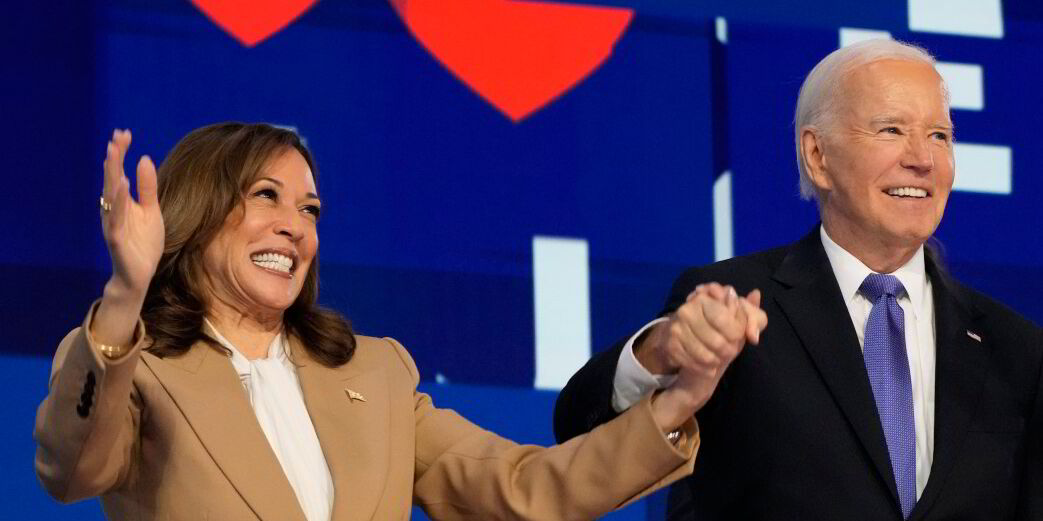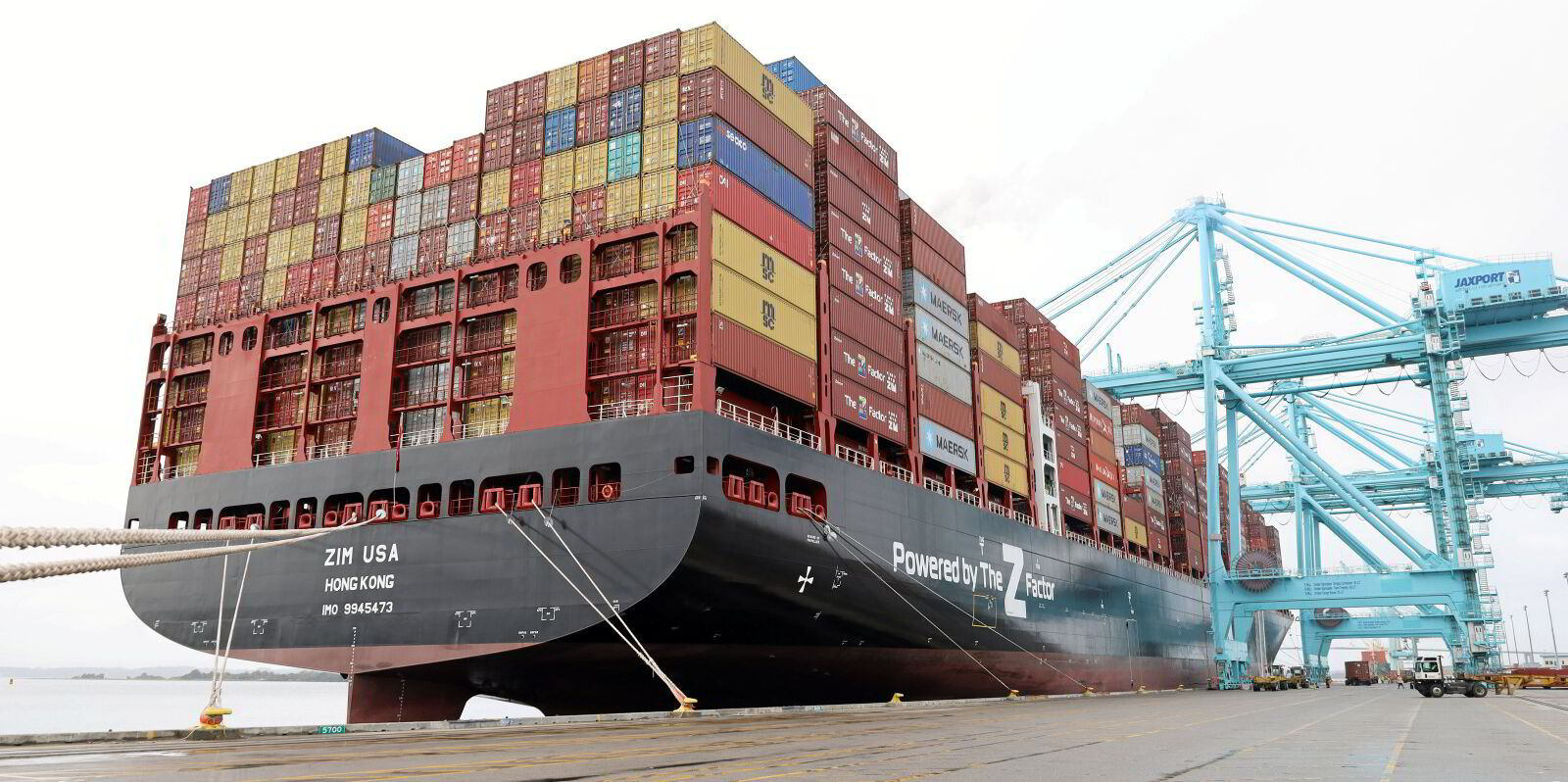The Houthis continue to menace the Red Sea. Moscow’s invasion of Ukraine persists and, startlingly, Kyiv is now invading Russia.
Another threat is looming: the growing risk that container and vehicle terminals along the US coastline from Maine to Texas will close their doors.
These disruptions in the seaborne legs of global supply chains have a way of buoying shipping’s profits, by constraining the supply of ships through longer routes or congestion.
But with that comes a risk, especially in this volatile moment in the US in a historic election and especially for the container liner sector, that shipping will be painted as the bad guy — by either or both aspirants to the White House — as companies are seen to fatten their wallets at the expense of consumers.
The contract between the International Longshoremen’s Association (ILA) and an employers group made up of carriers and terminal operators comes to an end on 30 September, and the union has threatened to strike at the start of October.
The threat has already impacted the container shipping market, as retailers frontloaded imports to avoid facing disruption.
And as the deadline for a contract draws nearer, the risks are rising, as Hapag-Lloyd chief executive Rolf Habben Jansen explained in a recent conference call with analysts.
“In terms of the East Coast, if you would have asked me in January, I would have said that I’m not so worried about that,” he said when asked about the US port situation. “Right now, when you look at the Red threat that is out there, I think that unfortunately, the chances that there will be some disruption have definitely gone up.”
The union has couched its position as a fight against automation at ports, and it recently received a pledge of support from its West Coast counterpart, the International Longshore & Warehouse Union (ILWU).
And it has lobbed harsh rhetoric at vessel operators.
‘Greedy shipper’
“Knowing we have this support from the ILWU arms us with a powerful weapon to fight the intentions of so many greedy shippers, who put profits over people and fail to recognise the contributions your members and mine have made to this industry,” ILA president Harold Daggett said last week, addressing the West Coast union.
The threat of a port strike comes in an election season in which both candidates for US president — Democrat Kamala Harris and Republican Donald Trump — are courting unions.
That is a departure from tradition, in which unions have been firmly in the camp of the Democrats rather than supporting pro-business Republicans.
While the ILWU has endorsed Harris, the current vice president, the ILA has not made an endorsement, even though the East Coast union supported Biden four years ago.
When former president Trump was the target of an assassination attempt, the ILA even posted a photo of Daggett posing with the Republican at his Mar-a-Lago resort in Florida.
The union has also warned the Biden Administration off intervention in the crisis, even though a coalition of trade groups has called on the federal government to help avert a strike.
The political element to the port strike brinksmanship puts Biden and Harris in a tough spot — should they take action to avert a supply chain crisis or risk alienating the union movement that they so stridently claim to support?
The risk for liner operators is that the situation puts a political target on their backs.
During the supply chain crisis that emerged out of the Covid-19 pandemic, shipping was brought out from under the radar into the public eye, as Americans complained to their bartenders about the lack of mattresses at Ikea and used their phones to track their pre-ordered Teslas as they slowly crossed the ocean.
Washington took action, targeting the carriers, and took credit for easing the crisis that was likely to have waned anyway as the congestion unwound.
As disruption follows disruption in today’s world, shipowners and operators are in the uncomfortable position of highlighting, primarily to investors, that disruption is profitable for shipping without seeming to welcome it.
No one in shipping wants to be a merchant of doom, and there is good reason to avoid it.





